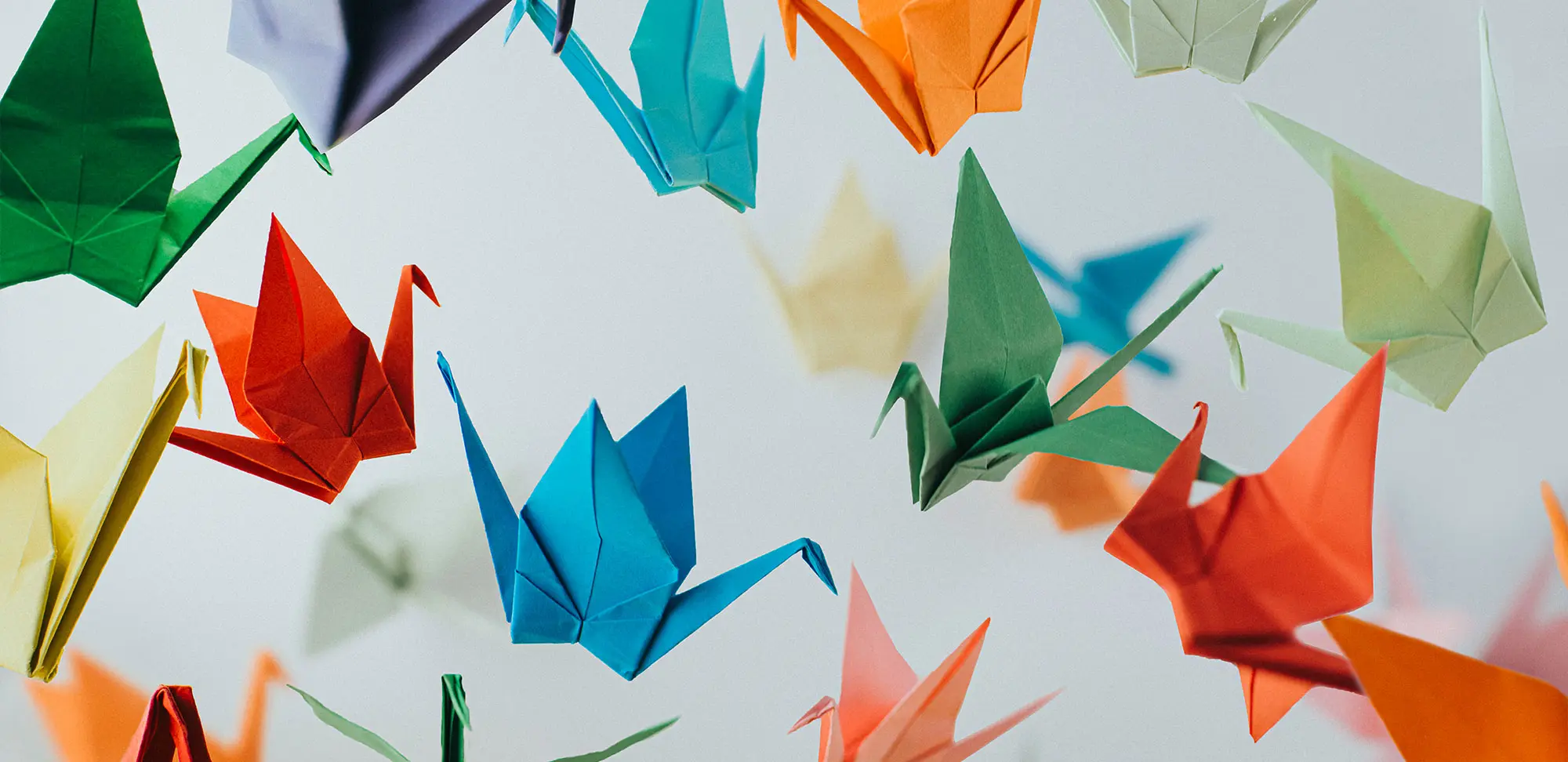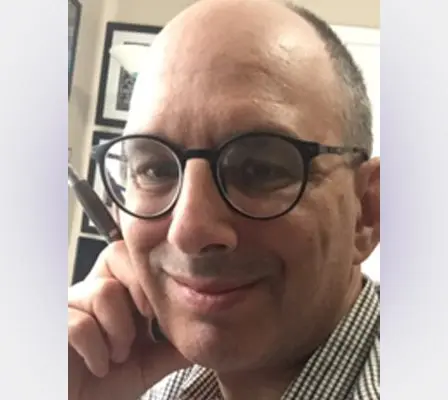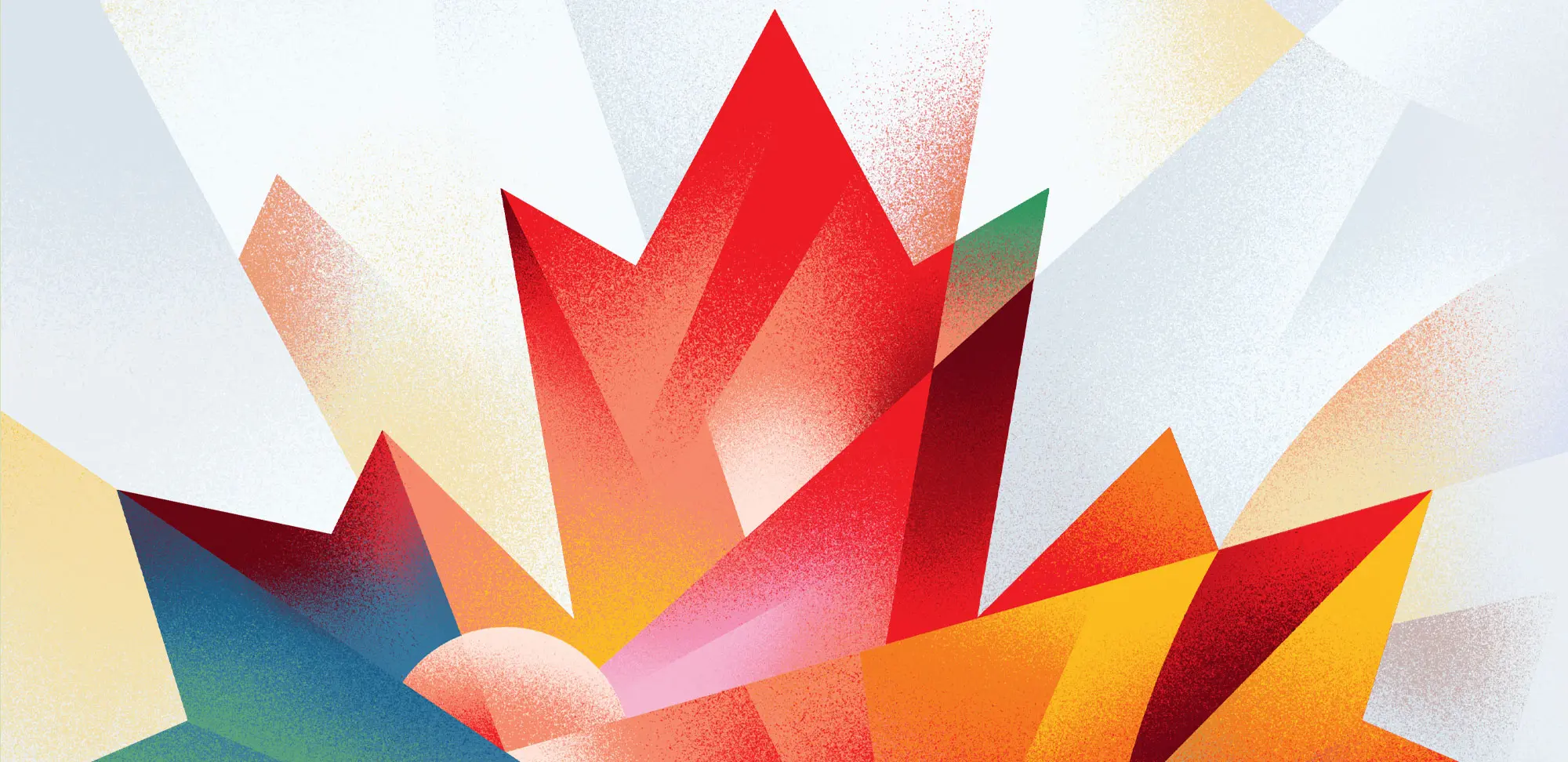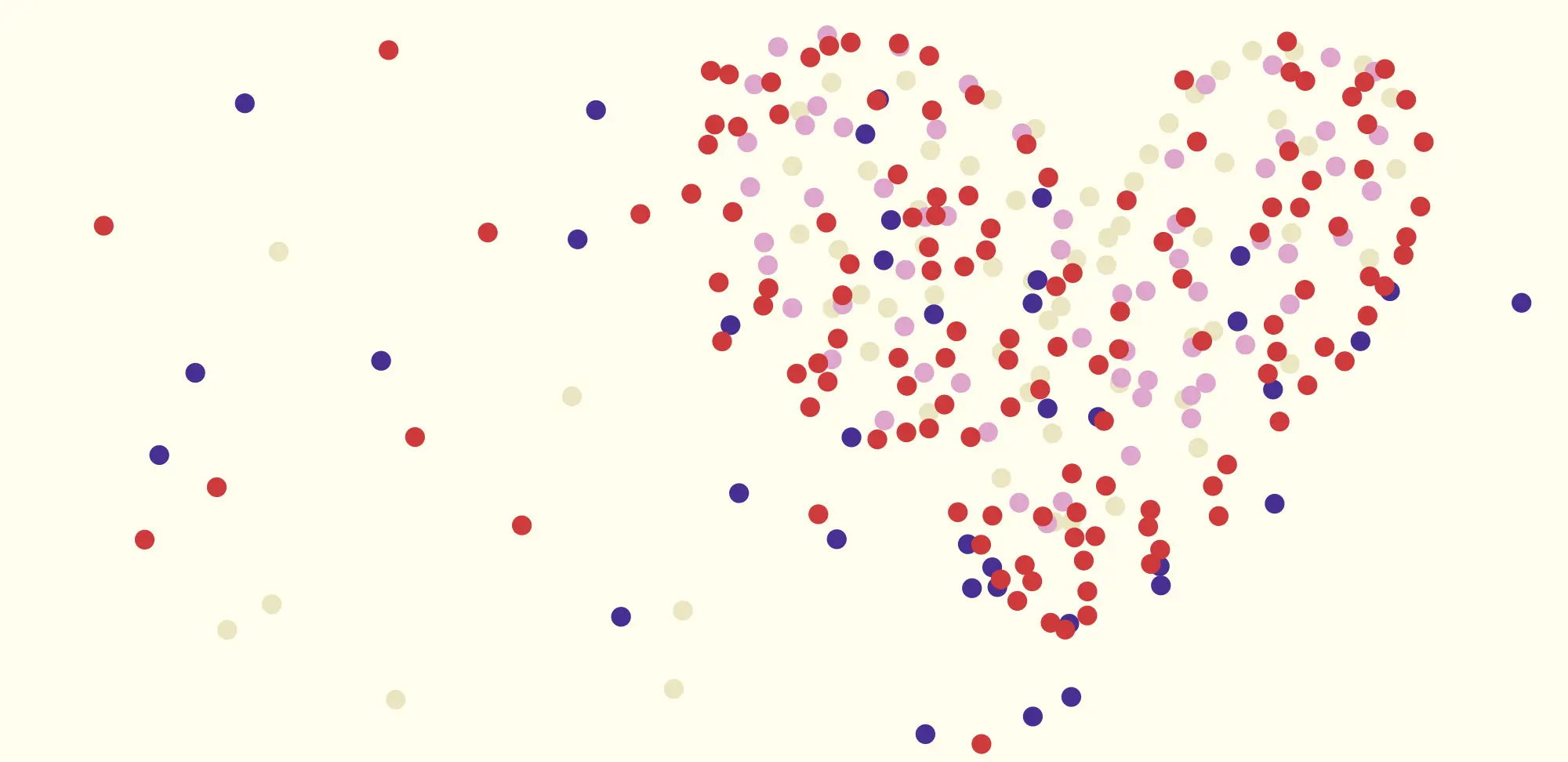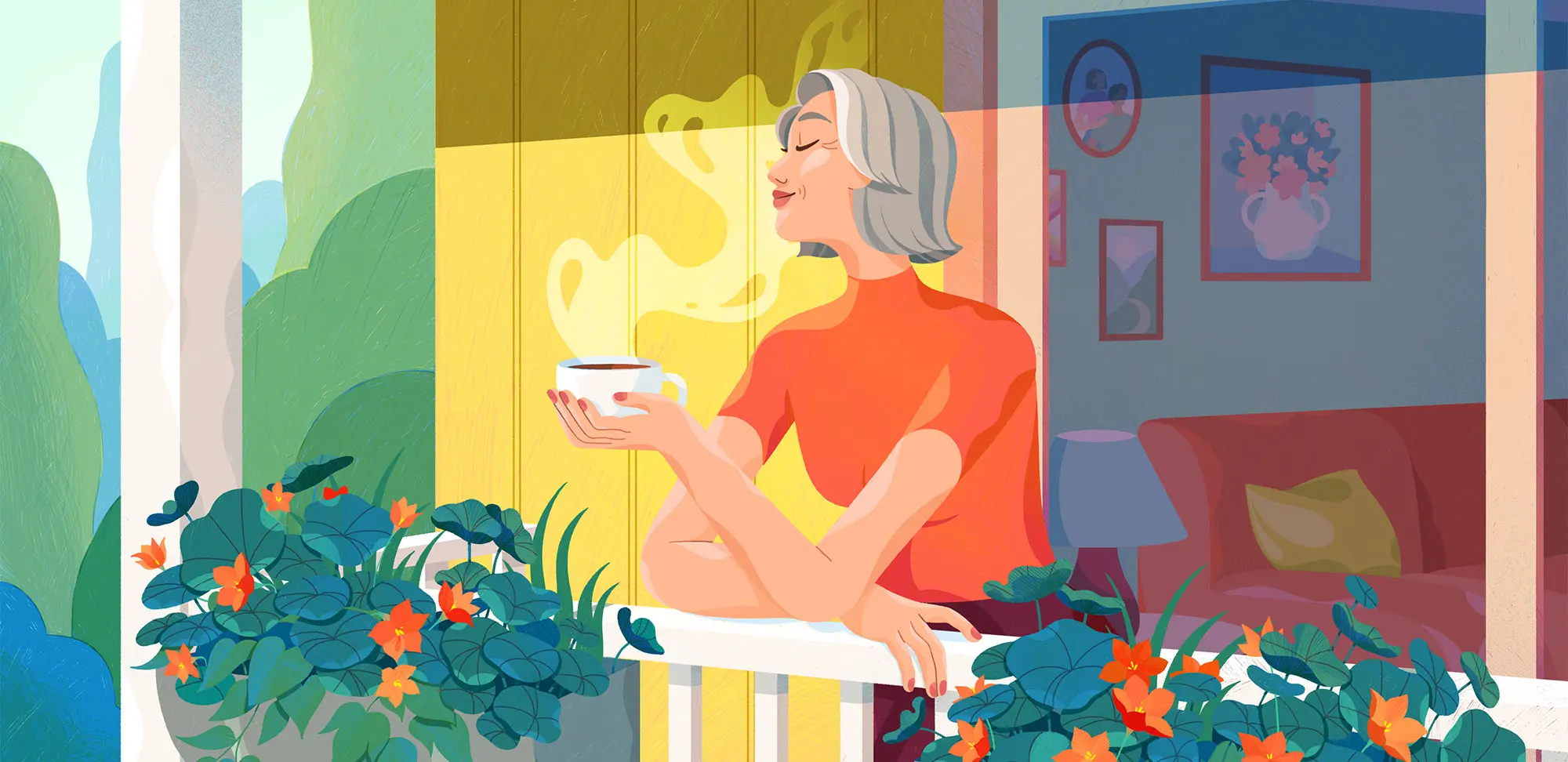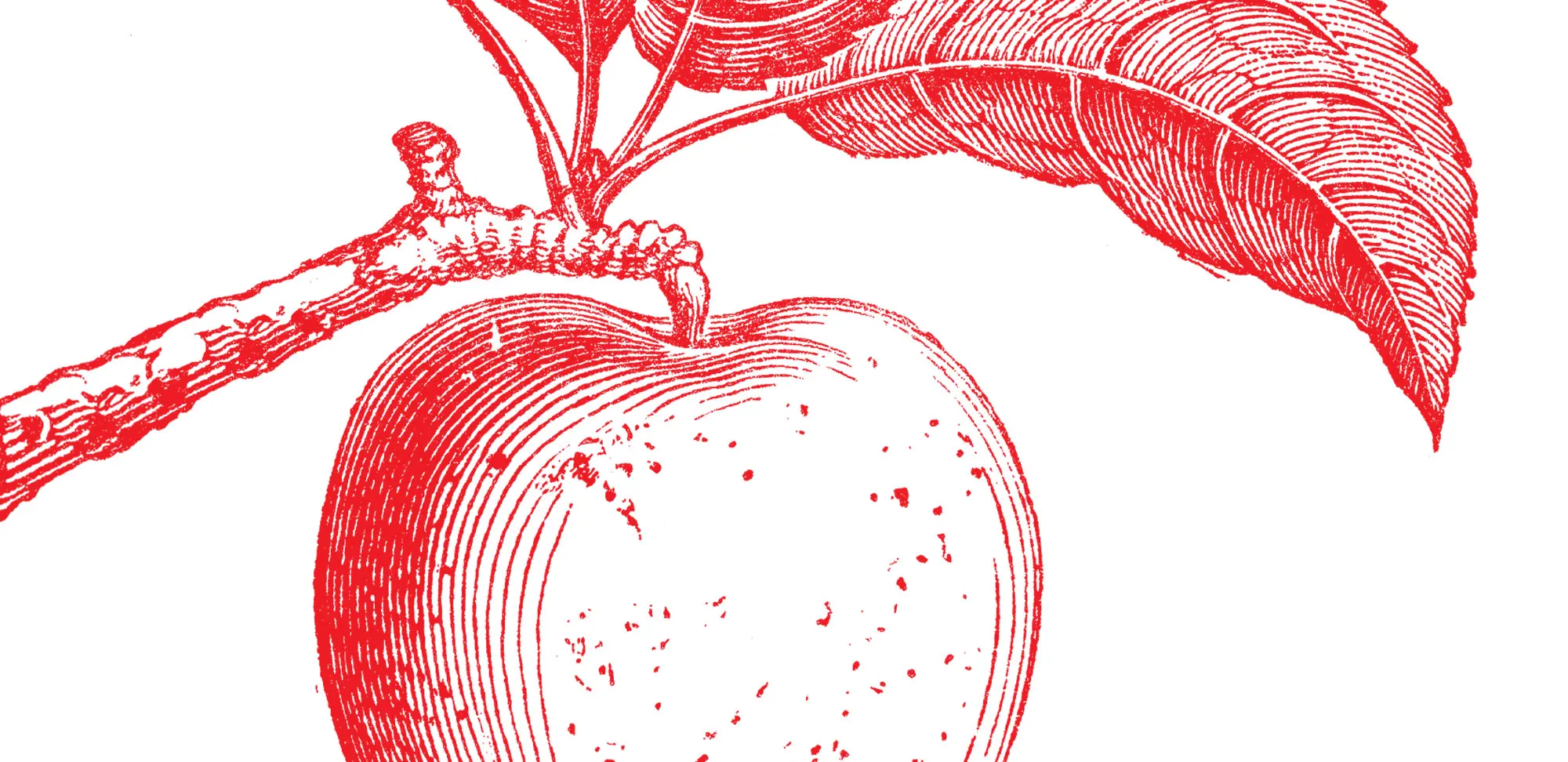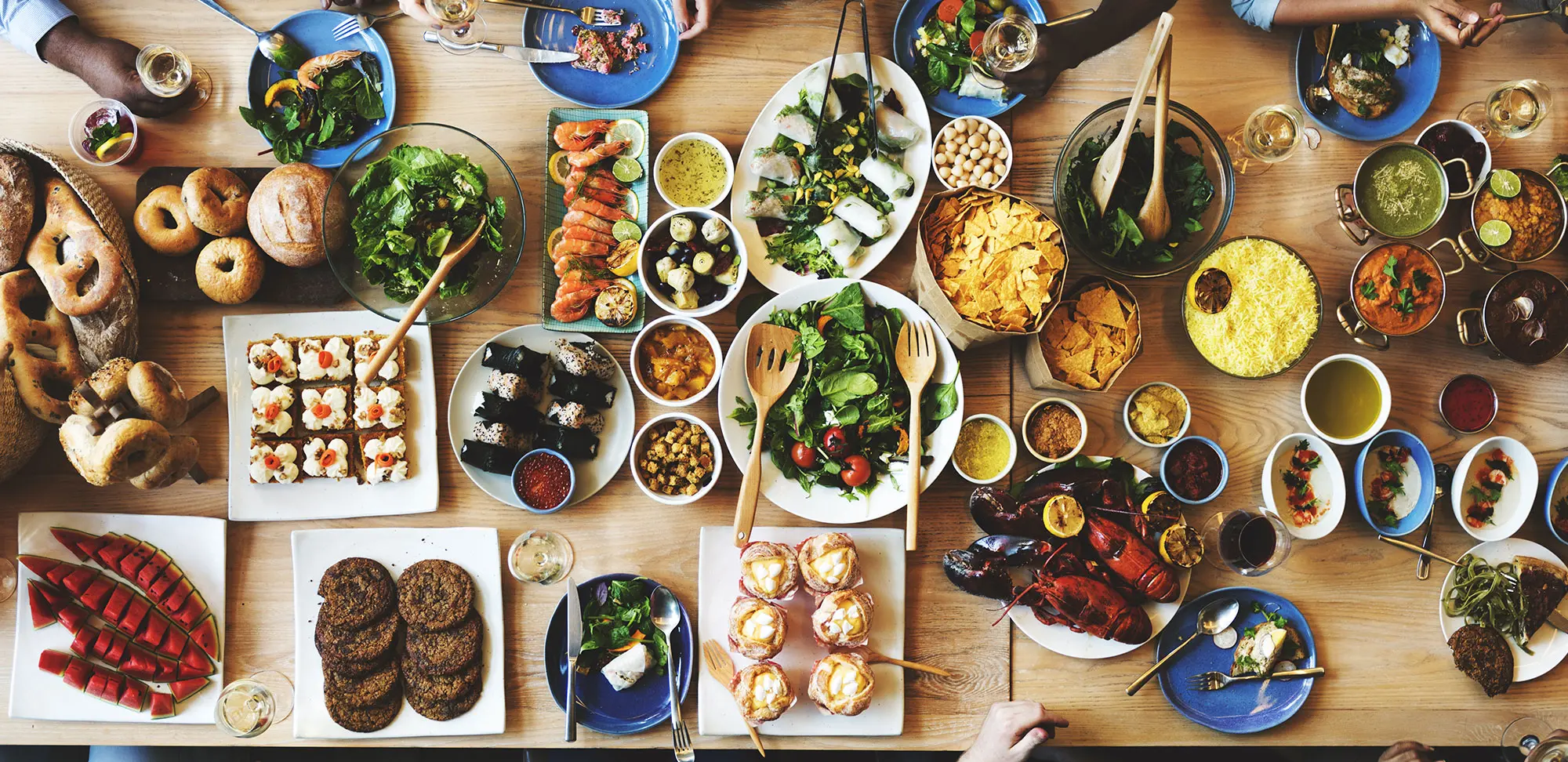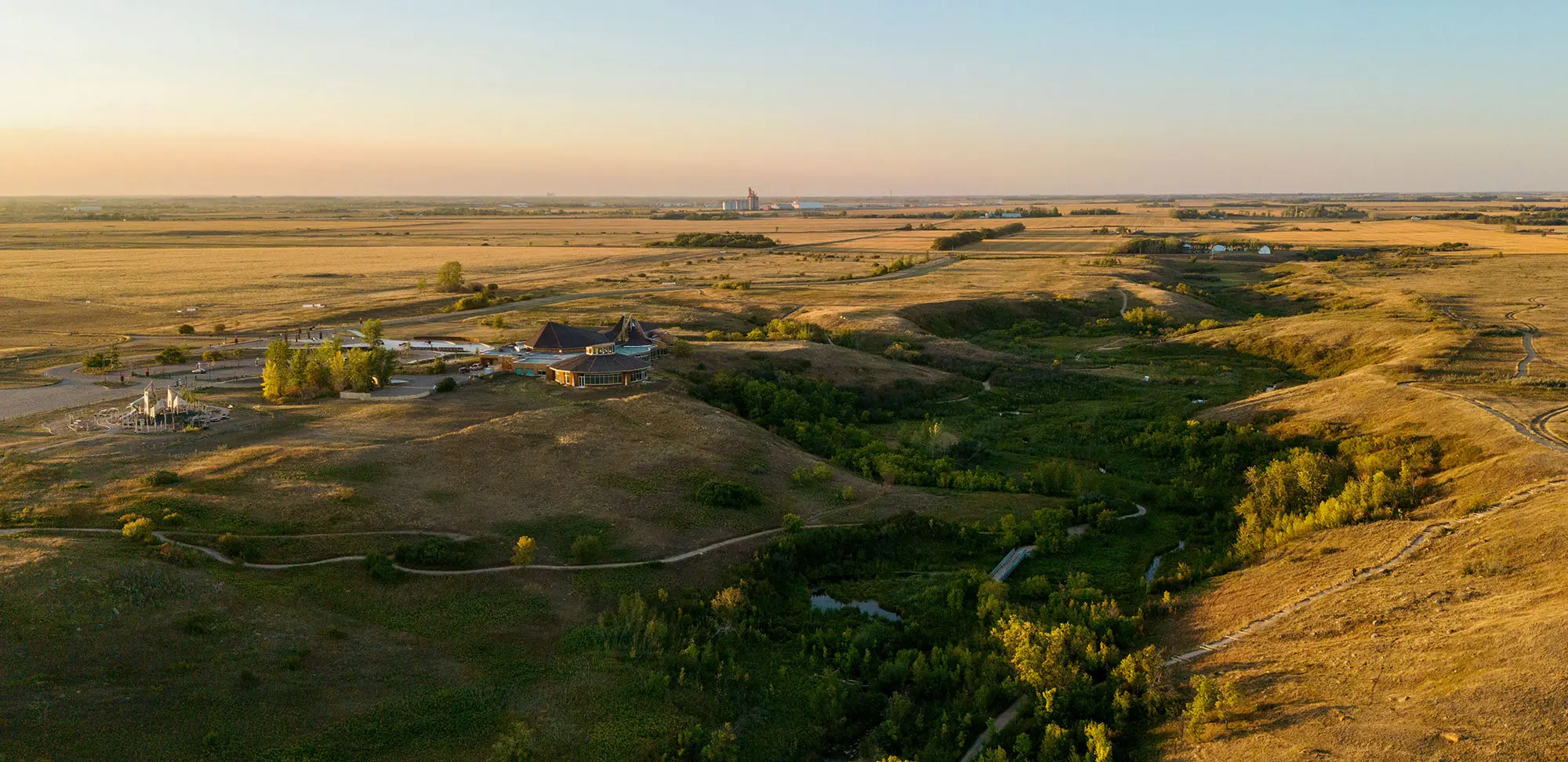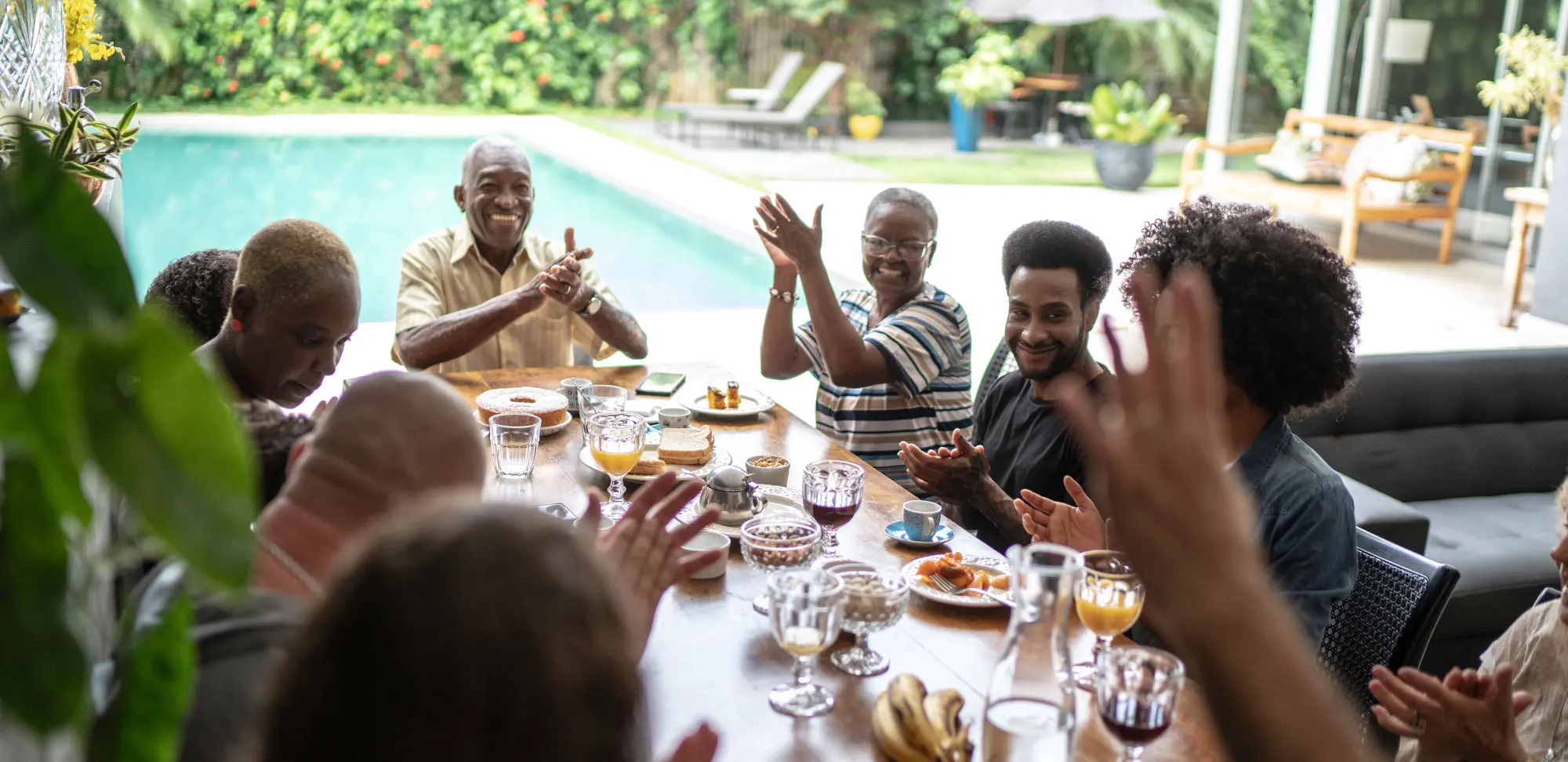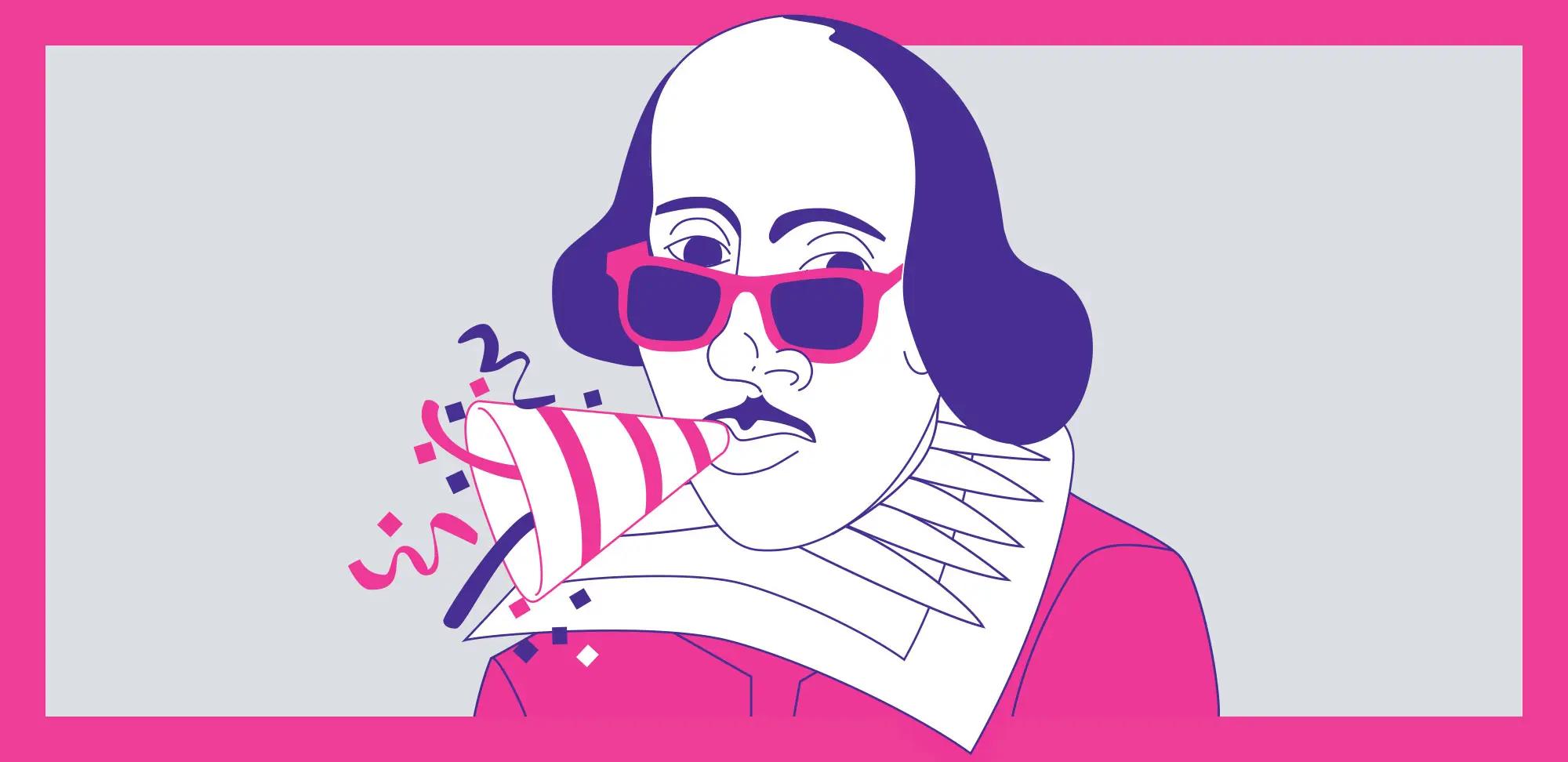Life is about meeting challenges. Often, those challenges are mundane, like what to make for dinner when your fridge is half empty. Others are fraught, like resolving family squabbles. Some are about personal well-being, like squeezing more fitness into our schedules. Many concern our collective well-being, like prospering in a fast-changing economy or making communities more livable. And still others have confounded humanity for generations, like ending global conflicts or stemming the impacts of climate change.
Those challenges are dilemmas of vastly different magnitudes, but they demand the same approach to solving them: creative thinking.
Creative thinking is the key to making our lives, the lives of those around us, and our world better. So how can we foster more creativity?
Fostering creativity is one of the central issues of our day. In education, creativity is among the 21st-century learning skills. And last year, the World Economic Forum reported that 73 per cent of organizations surveyed called creative thinking the most important skill for workers – ahead of things like technological literacy, agility and motivation.
An RBC report called The Coming Creativity Boom said that whether in the studio, laboratory, classroom or boardroom, “creativity is the new ‘it’ skill.”
Creativity is foundational for how we enrich our lives, says the Canadian Network for Imagination and Creativity (CNIC). The national network – initiated in 2020 by representatives from Simon Fraser University, the University of Ottawa and the Atlantic Centre for Creativity – aims to promote creative thinking in all fields of endeavour.
Many people don’t recognize their creative capacity or feel especially creative, says Alexis Milligan, a Dartmouth, NS, artist and a member of the CNIC steering committee. One reason, she says, is that we associate creativity with the arts. We see someone who can play an instrument, paint or do a craft and feel that we’re not creative like that. “We’re trying to investigate the perceived barriers in what is creativity, how we access it, and this feeling that it’s beyond me,” she says.
Songs, paintings and novels are creative outputs, but so are products, processes and theories. Artists are creative, but so are scientists, engineers, teachers, healthcare professionals, service personnel, construction workers . . . and so are all of us in our daily lives.
We’re wired for creativity
In a study published in the journal NeuroImage, having creative insights triggered the same reward system that lights up when we eat a favourite food or experience other pleasures. Those feelings encourage the pursuit of other novel ideas. Evolution has primed our brains for it.
“Humans are inherently creative,” says Lorena Escandón, an assistant professor of creative industries at Toronto Metropolitan University. Her courses meet at the intersection of innovation, creativity, technology and entrepreneurship. “We use creativity every day but don’t always call it that. Creativity is an ability to engage with information, push the knowledge and break paradigms.”
Creativity is just another word for solving problems, even ones we didn’t know existed. It’s about learning from the understanding we possess and experiences we’ve had, bringing our knowledge into a new context and turning imagination into reality.
Albert Einstein once said, “I am enough of the artist to draw freely upon my imagination. Imagination is more important than knowledge. Knowledge is limited. Imagination encircles the world.” We’re not all Einsteins. But we’re a species capable of looking at or producing things in entirely new ways. So we’re all, as even a theoretical physicist called himself, artists.
To Milligan, who hosts a podcast called Finding Creativity, we have to get around the fear that there’s only one right answer and we’re going against the flow.
Organizations nurture creative thinking by encouraging collaboration, embracing diversity, rewarding staff for their ideas, and providing ample time for brainstorming and experimentation.
In our own lives, we can promote creativity too. These six habits can help:
- Explore diverse experiences. Any will do, from travel, to trying new hobbies or activities, to eating new foods, to having conversations with people from a variety of backgrounds. The idea is to leave your comfort zone and expose yourself to new cultures, perspectives and understandings.
- Broaden your knowledge. Curiosity breeds creativity. Whether through books, classes or just asking a lot of questions, keep learning. Expose yourself to ideas and topics beyond your usual areas of interest. That helps you to discover, challenge conventional wisdom and set aside your own assumptions.
- Keep an idea journal. Capture your thoughts, ideas and observations. You can revisit them to inspire you and make connections that you maybe didn’t notice before.
- Daydream. In a study published in the journal Neuropsychologia, researchers used an MRI to measure the brain patterns of participants and had them complete a questionnaire about how much their minds wandered in daily life. Those with higher levels of daydreaming scored higher on intellectual and creative ability. So meditate, practise mindfulness or just drift into a dreamlike state and let the ideas flow.
- Don’t judge yourself. Creativity is play. Whether you’re learning the piano or thinking off the top of your head, just explore. Your blunders or wacky ideas are part of the creative process. It’s the missteps and wrong turns that lead us on new paths. Many renowned creators and ideas were spurned at one time, from the Beatles (Decca Records passed on them) to the theory of evolution.
- Spend more time outdoors. A study in the Journal of Environmental Psychology suggested that experiencing nature can spur creativity. That’s because we toggle between noticing our surroundings and letting our minds wander. The researchers said that these shifts “enable patterns of cognition that act in complementary ways to promote both the controlled attention and flexibility required for creativity.” So walk in the woods, head to the shore, garden or do whatever it takes to get you into the great outdoors.
Work for your eureka moments
Creativity sometimes emerges as a sudden insight or discovery, which can make it appear out of reach. It seems magical. Yet these moments are bred from the stew marinating in our brains. They’re the mix of all the facts, information, skills and perspectives at our disposal, which is why we need to gather more and more of them.
“Everyone is a result of their life experiences. You are unique, and whatever idea you have is unique,” Escandón says.
More than 2,200 years ago, a Greek ruler named Hiero had a problem. A goldsmith gave him a votive crown for a temple, and Hiero suspected he had been cheated out of some of the material. It had been impossible to measure the volume of an irregular object, like a crown, with any precision, so Hiero asked Archimedes, a local scholar, to figure out a solution.
One day while entering a bath, Archimedes noticed the water rising. With the crown problem on his mind, he grasped that the volume of water displaced must equal the volume of what was submerged. That meant he could use water displacement to measure the mass of the gold. He shouted, “I have found it!” or, in his tongue, “Eureka!”
His discovery didn’t come out of the blue. As a mathematician, physicist, engineer and inventor, Archimedes drew upon his full body of knowledge. And we all can.
Once, creativity was thought to be the domain of divine inspiration. Even the arts weren’t always seen as an example of human creativity. Plato said that painters didn’t make anything – they merely imitated. In ancient Greece, the Muses were the goddesses of the arts and science, considered the sources of knowledge and inspiration for poetry, music, pantomime, dance, literature and astronomy.
Now we know we can all be in charge of our own creativity – our often hidden potential. “You have it and can use it for things you have to solve in your everyday life,” Milligan says.
You just might find a time-saving hack for a household chore, new ways to organize your kitchen, a different method of playing your favourite sport, and a terrific idea to raise funds for a charity where you volunteer.
Or together, we might even come up with novel solutions to the great social challenges of our time.
Without creativity we don’t have progress – in our homes, offices or institutions. The muse will strike and we’ll shout, “Eureka!” after we’ve put in the time to nourish our creativity.

Five years ago, a group of computer scientists, musicologists and music historians teamed up to finish Ludwig van Beethoven’s 10th symphony. The composer had left only a few sketches of it behind. The team taught an artificial intelligence (AI) tool all of Beethoven’s works and his creative process. And in October 2021, 194 years after he died, his completed symphony was performed in Bonn, Germany.
AI technologies can generate original music, videos and photos on demand. At the Massachusetts Institute of Technology, researchers used AI to discover a class of antibiotics. And there are debates about whether AI can hold patents on inventions.
So will AI make human creativity obsolete?
Not likely, says Lorena Escandón. “It’s a new tool that will help us prototype faster. I think it’s exciting for creativity.”
Last year, the World Economic Forum reported on how AI can support creativity by recognizing patterns in large data sets, analyzing huge volumes of information (filtering, grouping and prioritizing) and predicting outcomes. That will help innovators to develop new hypotheses, identify associations between data (even if they seem unconnected) and guide experimentation.
Any innovation can seem threatening. Especially one that feels like human intelligence without human will or morals. Jobs will change and many will disappear, as has always happened with new machinery. Perhaps we’ll see a fusion of human and AI creativity. As an article in Harvard Business Review noted, “Generative AI’s greatest potential is not replacing humans; it is to assist humans in their individual and collective efforts to create hitherto unimaginable solutions.”
